
Experts provide an overview of novel treatments, including glutamatergic, GABAergic, and psychedelic drugs, that are either approved or currently being evaluated in clinical studies for MDD (major depressive disorders).

Experts provide an overview of novel treatments, including glutamatergic, GABAergic, and psychedelic drugs, that are either approved or currently being evaluated in clinical studies for MDD (major depressive disorders).

From a look at adolescent substance use to special challenges in treating borderline personality disorder during the perinatal period, here are highlights from the week in Psychiatric Times.
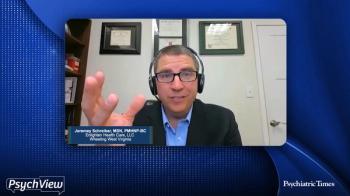
Greg Mattingly, MD, and Jeremey Schreiber, MSN, PMHNP-BC, discuss the typical strategies for switching therapies for major depressive disorder (MDD).

Practitioners discuss the need to treat patients with major depressive disorder (MDD) to a complete remission vs a decline in symptomology.
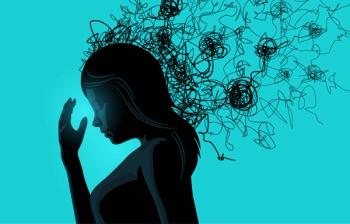
The drug has shown statistically significant, clinically meaningful reductions in symptoms of depression, anhedonia.

Did you miss our APA Annual Meeting coverage?
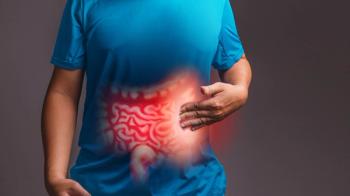
What is the association between the gut microbiome and response to SSRIs in patients with depression?

Greg Mattingly, MD, and Jeremey Schreiber, MSN, PMHNP-BC, discuss best practices for monitoring and follow-up with patients with major depressive disorder (MDD) to ensure treatment efficacy and safety.

Practitioners discuss their approach to treatment with their patients with major depressive disorder (MDD).

Experts discuss how practitioners are viewing major depressive disorder (MDD) as a chronic condition vs an episodic condition.

Greg Mattingly, MD, and Jeremey Schreiber, MSN, PMHNP-BC, discuss navigating the challenge of a “one size fits all approach” when treating and identifying the specific needs of patients with major depressive disorder (MDD).
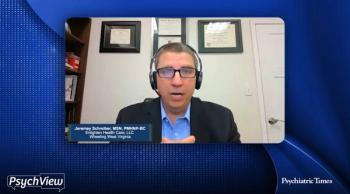
Practitioners discuss the rates of undertreatment in patients suffering from major depressive disorder (MDD).

Greg Mattingly, MD, and Jeremey Schreiber, MSN, PMHNP-BC, comment on the perception of major depressive disorder (MDD) within the healthcare community and the clinical and practical implications of is this condition.

Fatigue: a very common physical complaint that often accompanies depressive disorders.

From obesity and metabolism in first-episode MDD to psychiatrist liability and suicide, here are highlights from the week in Psychiatric Times.

Metabolic mediators of anxious depression? Researchers investigated metabolic correlates of overweight/obesity in patients with MDD.
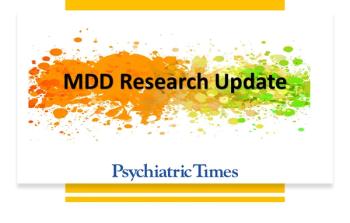
Looking to stay up to date on MDD research? This research collection reviews outcomes on metabolic abnormalities, biomarkers, and more.

Presenters at the 2023 APA Annual Meeting compared definitions of treatment-resistant depression.

Check out this review of the 2023 APA Annual Meeting presentation on the efficacy and safety of repeat treatment courses using novel medicine, zuranolone.
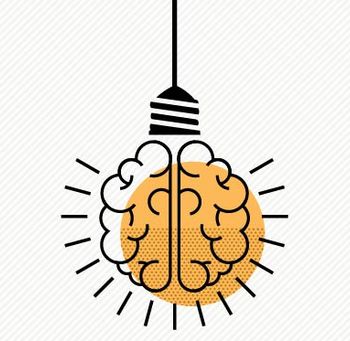
An inside look at what treatments are being discussed in San Francisco...

Study results presented at the 2023 American Psychiatric Association Annual Meeting.

Don't miss this session at the APA 2023 Annual Meeting in San Francisco!
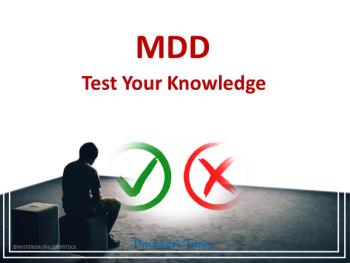
Test your knowledge on issues in major depressive disorder.

First of its kind culturally sensitive adherence scale factors in CVD risk factors to find ways to best support patients.

“Our hope for patients suffering from TRD is that their serious, but often treatable condition is recognized earlier in the treatment paradigm, and they are put on a treatment that works best for their specific type of depression.”